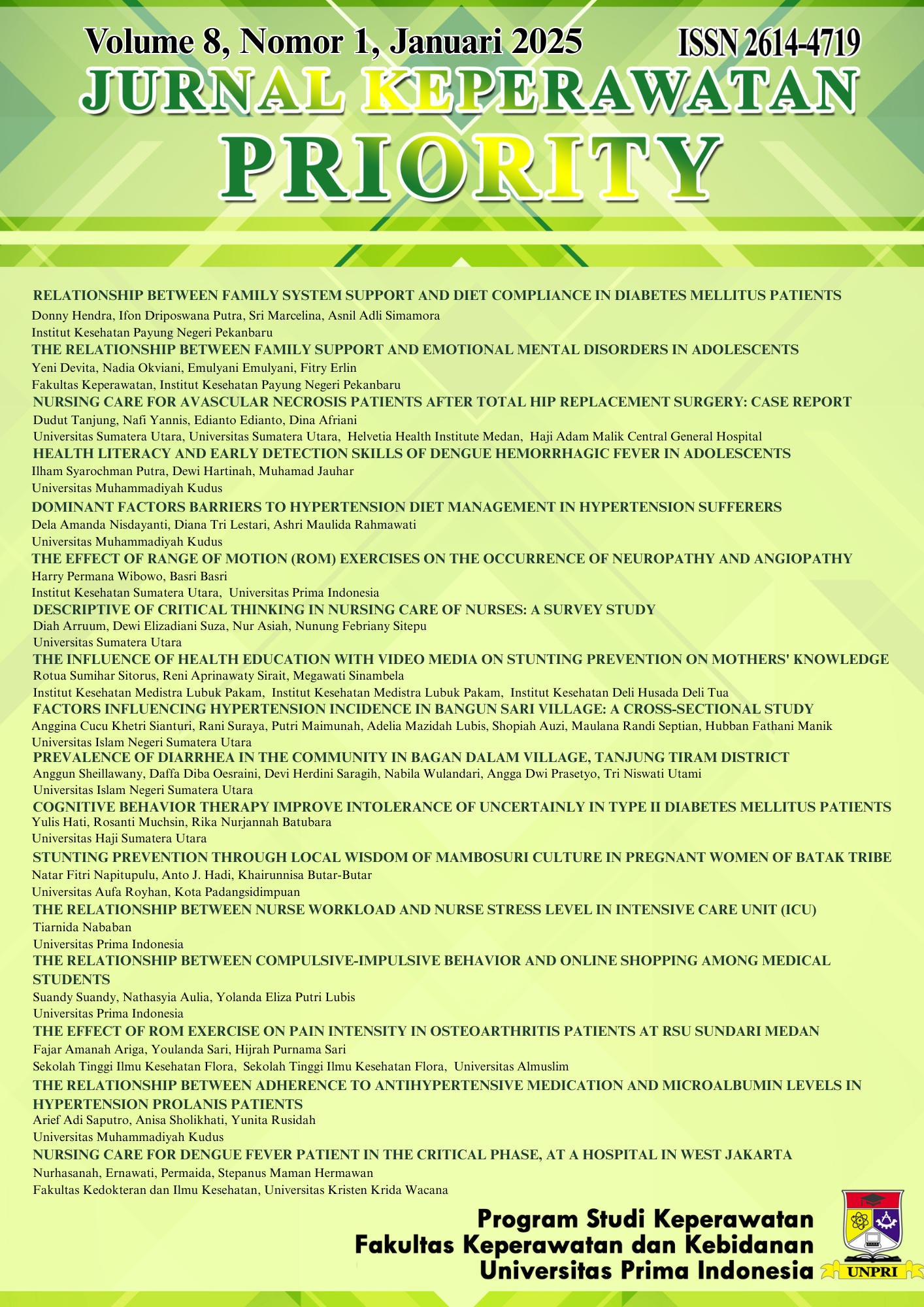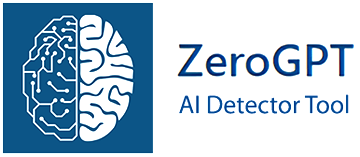Cognitive Behavior Therapy Improve Intolerance of Uncertainly in Type II Diabetes Mellitus Patients
DOI:
https://doi.org/10.34012/jukep.v8i1.6330Keywords:
Cognitive Behavior Therapy, intolerance of uncertainly, type II diabetes mellitusAbstract
Diabetes mellitus (DM) is a chronic disease and silent killer characterized by hyperglycemia. Type 2 DM has become a global health crisis. This disease causes serious life-threatening health problems with high medical costs, decreased quality of life and increased mortality which causes uncertainty where patients feel they no longer care about their disease and the solution to overcome this with Cognitive Behavioral Therapy. Quantitative research type, Quasi-Experiment design with pretest-posttest. The population amounted to 319 people, sample selection by purposive means, a sample of 36 people. The instrument used a questionnaire. The statistical test used Wilcoxon Test. The results of the Wilcoxon test value = 0.000 < (0.005) means that there is an effect of cognitive bahavior therapy on intolerance of uncertainty in Type II Diabetes Mellitus patients at the Amplas Health Center in 2024. Based on the results of the study, it is concluded that there is an effect of cognitive bahavior therapy on intolerance of uncertainty in Type II DM patients. It is expected that DM patients with intolerance of uncertainly use non-pharmacological methods, namely cognitive behavior therapy to reduce intolerance of uncertainly.
Downloads
Published
How to Cite
Issue
Section
License
Copyright (c) 2025 Yulis Hati, Rosanti Muchsin, Rika Nurjannah Batubara

This work is licensed under a Creative Commons Attribution 4.0 International License.
Authors who publish their manuscripts through the Journal of Keperawatan Priority agree to the following:
- Copyright to the manuscripts of scientific papers in this Journal is held by the author.
- The author surrenders the rights when first publishing the manuscript of his scientific work and simultaneously the author grants permission / license by referring to the Creative Commons Attribution 4.0 International License to other parties to distribute his scientific work while still giving credit to the author and the Journal of Journal Keperawatan Priority as the first publication medium for the work.
- Matters relating to the non-exclusivity of the distribution of the Journal that publishes the author's scientific work can be agreed separately (for example: requests to place the work in the library of an institution or publish it as a book) with the author as one of the parties to the agreement and with credit to sJournal ofJournal Keperawatan Priority as the first publication medium for the work in question.
- Authors can and are expected to publish their work online (e.g. in a Repository or on their Organization's/Institution's website) before and during the manuscript submission process, as such efforts can increase citation exchange earlier and with a wider scope.


















